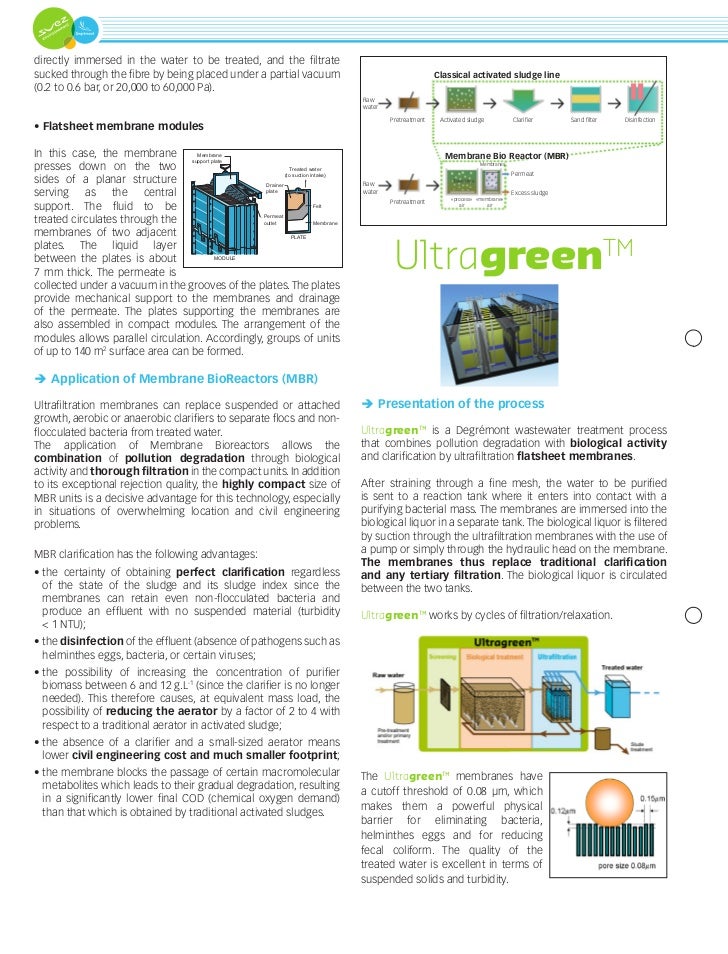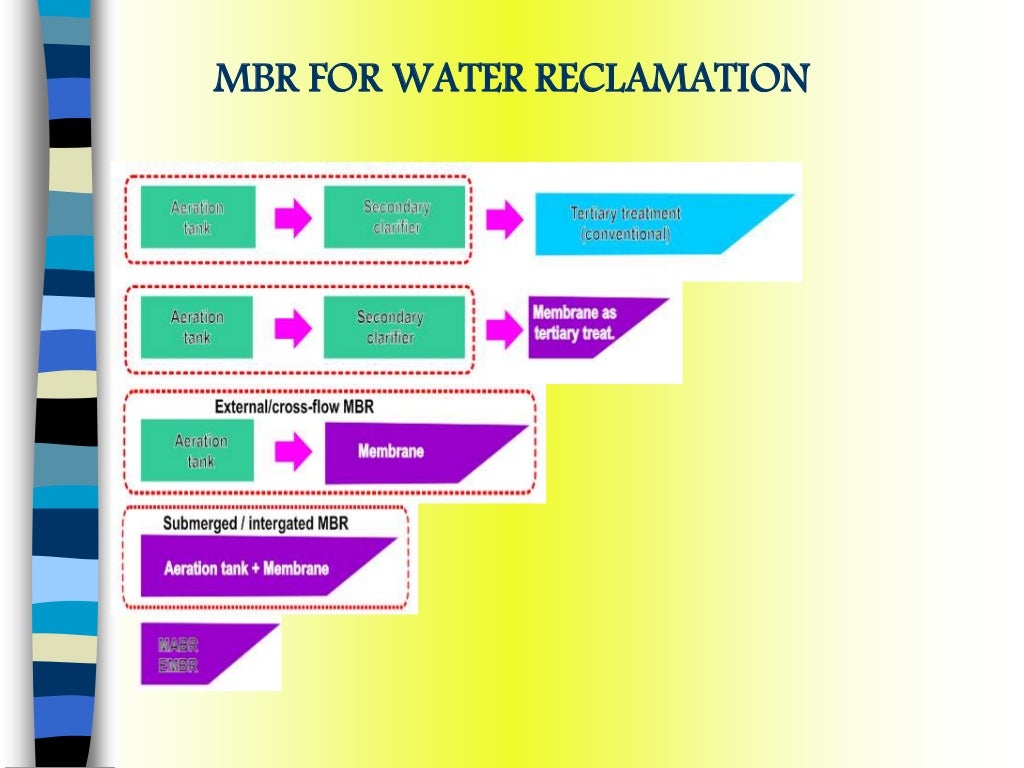

This was due to increasing consumption of water, stringent government regulations regarding the TSS level, and rising industrialization worldwide. Water treatment equipment are chosen based on the properties of constituents such as density, quantity, chemical reactivity, boiling point, solubility, melting point, volatility, purity level of water, and similar others.

Removal of suspended solids and microorganisms is done by differentiating the chemical, physical, and biological properties of water and its constituents. Water treatment is carried out to decrease the TSS levels as per the end-user requirement, and hence differ depending on the factors such as TSS level, location, and application. Water is a universal solvent, but solids, such as clay, fine sand, dust, and rust are insoluble in water, resulting in cloudiness and are technically known as total suspended solids (TSS). Water constitutes an essential part for community well-being. Water Treatment Equipment Market is expected to garner $87,861 million by 2022, registering a CAGR of 6.0% during the forecast period 2016–2022. Water Treatment Equipment Market Overview:


 0 kommentar(er)
0 kommentar(er)
